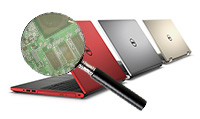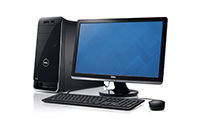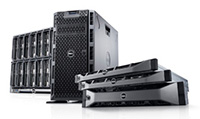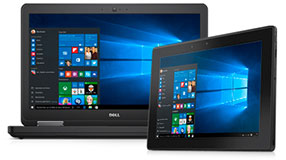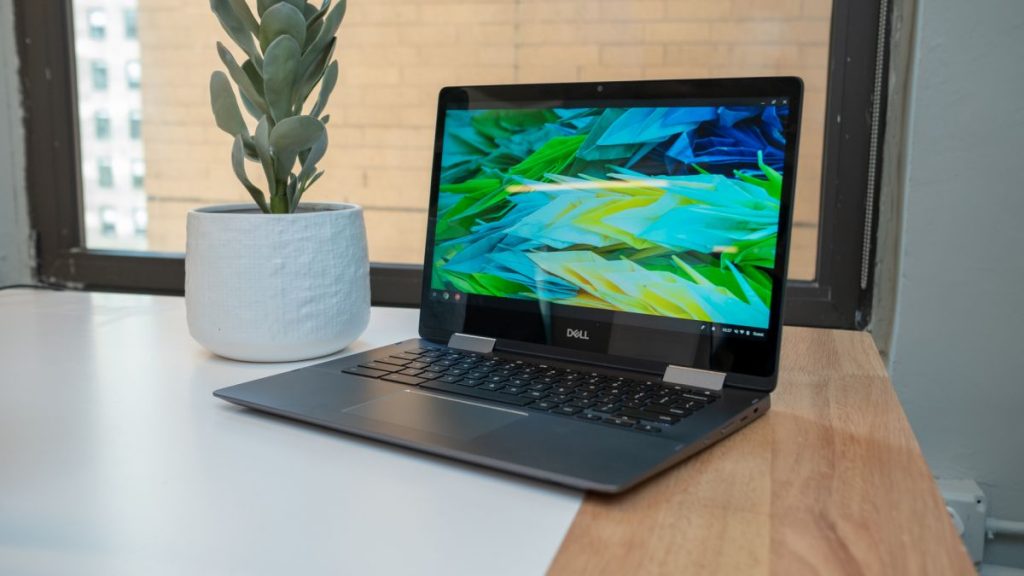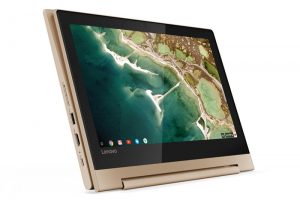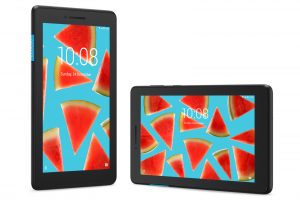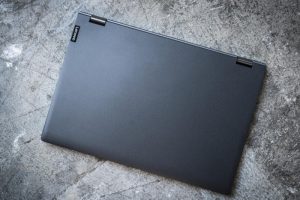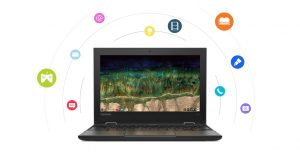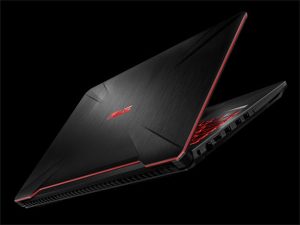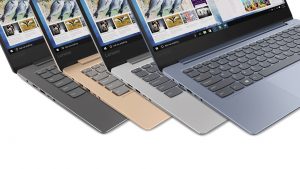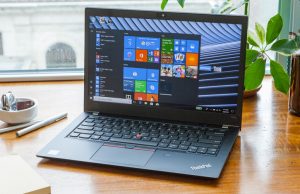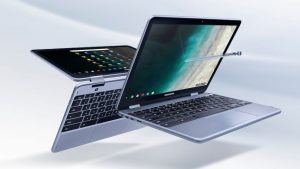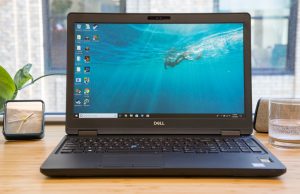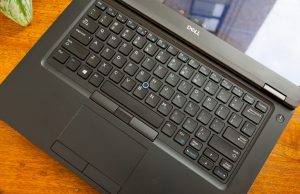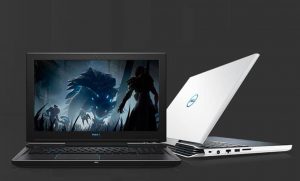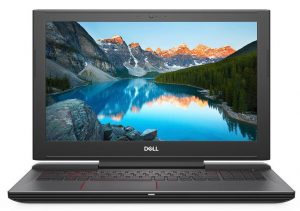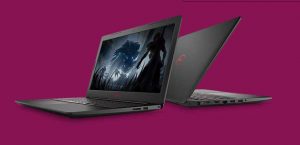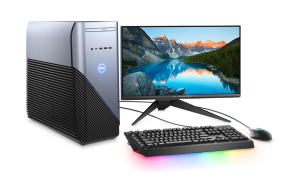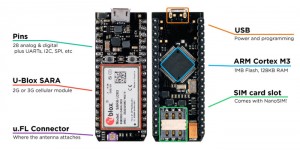

The little board runs for just $39 or $59, for 2G or 3G capability (respectively). Tech Hive describes it as a “cellular-connected Arduino with a SIM card”, but it has more than that. Along with a $2.99/month data plan, it comes with an ARM processor, 128KB of RAM, 1MB of flash memory, and a USB port (Popular Science).
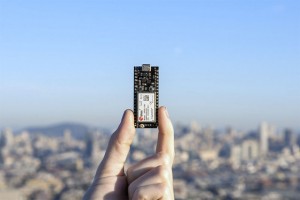

Users simply work with Spark OS, the company's cloud-based operating system, to do all the connectivity and needle work. Nearly anything can then be created. Spark CEO Zach Supalla explained that “seeing people create things with the Wi-Fi toolkits that really should have cellular-connectivity, like agricultural products”, sparked his interest for Spark Electron. The company's continual presence on Kickstarter is not for more money, which they already have, but to tap into new communities and companies that could be inspired to create new products using Spark Electron. Currently seeking $50,000, the company already has nearly $4.9 million raised from venture backing.

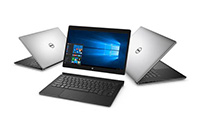 Laptop & Tablet Parts
Laptop & Tablet Parts